The Trout Madness Report
Thanks for reading this Trout Madness report. Before John Gierach, there was Robert Traver.
I wasn’t going to post this week. Then, trout madness struck. I feel compelled to share some of it.
Monday
was eye surgery day, which meant the rest of the week I had to “take it easy,” something I find hard to do. There was some fly tying (a new Squirmles bass fly), and some Red Sox watching (I must be a fan- they certainly aren’t playing well), and some puttering. I loathe puttering. I did go to the local pond and test the flies- they looked awesome and went right through the weeds. Now to try them on some fish…
Thursday
Trout Madness arrived, purchased from Amazon. As a youngster I’d read this book several times, got it from the Medford Public Library, really liked it. Close to 60 years later, I’m reading it again. It’s aged way better than I have!
From the Preface-
“The true trout fisherman… dwells in a tight little dream world all his own, and the men about him, who he observes obliviously spending their days pursuing money and power, genuinely puzzle him, as he doubtless does them. He fishes not because he regards fishing as being so terribly important but because he suspects that so many of the other concerns of men are equally unimportant. To him his fishing is an island of reality in a world of dream and shadow…
“In my view the best time to go trout fishing is when you can get away. That is virtually the only dogma you will be exposed to in this book. To this fisherman the fish in fishing happens to be what the onion is to onion soup: one of the main ingredients, yes, but far from everything. I fish mainly because I love the environs where trout are found: the woods; and further because I happen to dislike the environs where crowds of men are found: large cities; but if, heaven forbid, there were no trout and men were everywhere few, I would still doubtless prowl the woods and streams because it is there and only there that I really feel at home.”
There was a reason I recalled this book so fondly, and those two paragraphs are a big part of it. Amen!
Trout Madness by Robert Traver, awesome!
That’s the Trout Madness report. Thanks for reading!
Every day is a blessing. Don’t waste it- Go fishing! Go paddling! Read a book!
John Kumiski
www.johnkumiski.com
www.spottedtail.com
www.spottedtail.com/blog
All content in this blog, including writing and photos, copyright John Kumiski 2022. All rights are reserved.


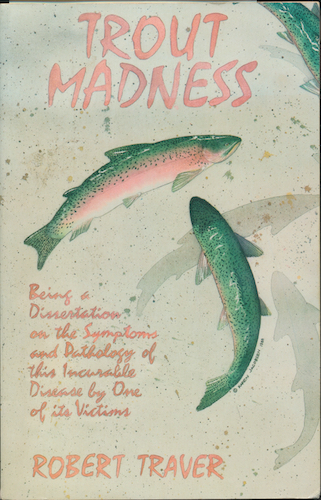
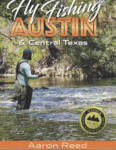
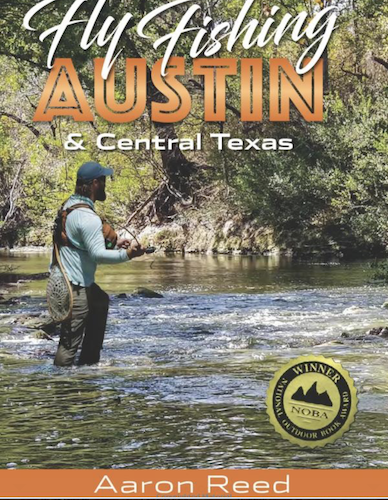
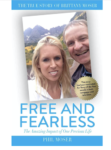
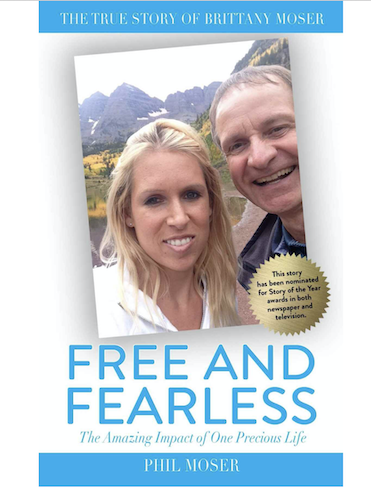
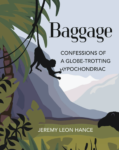
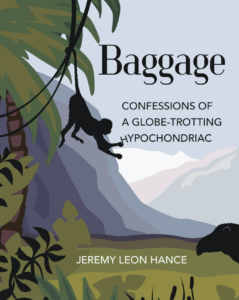
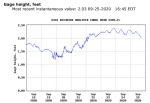
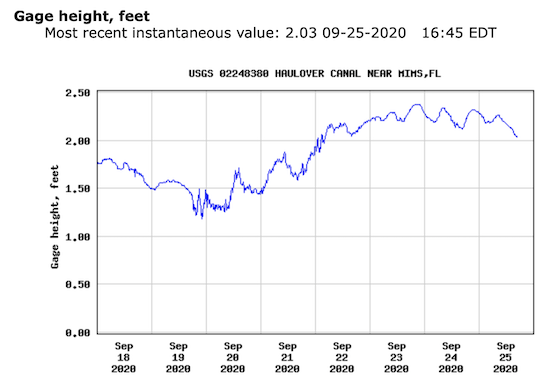
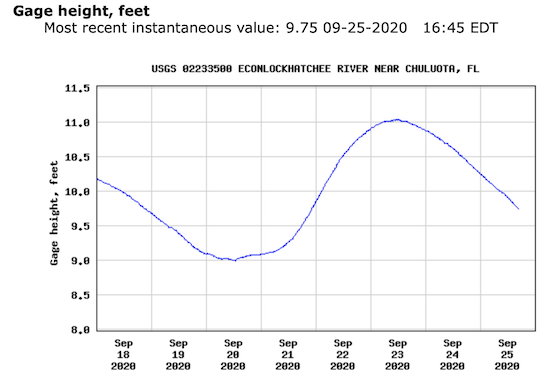
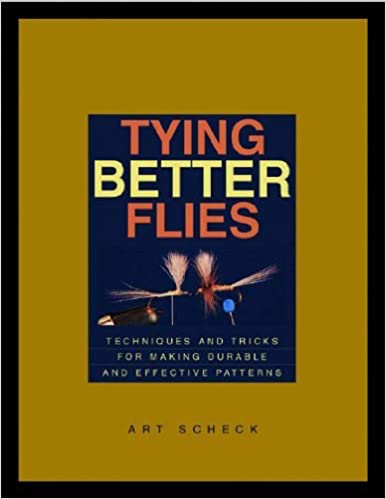

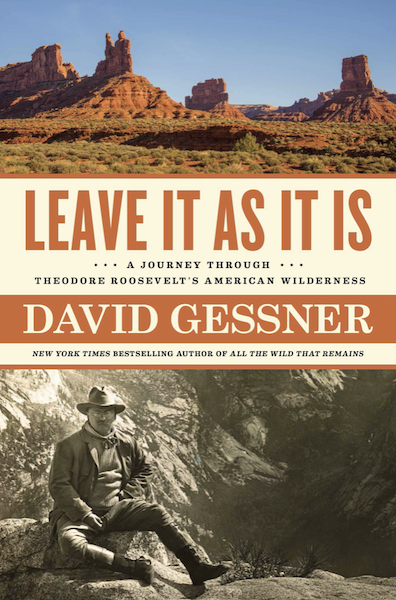

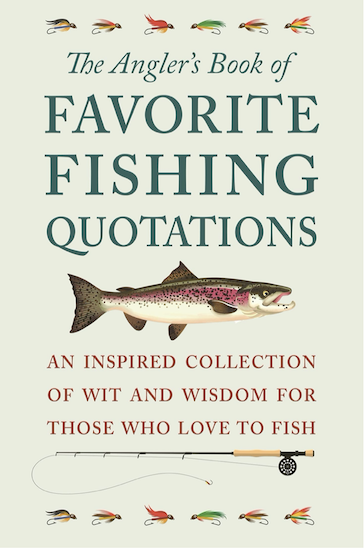
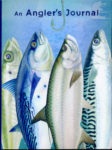
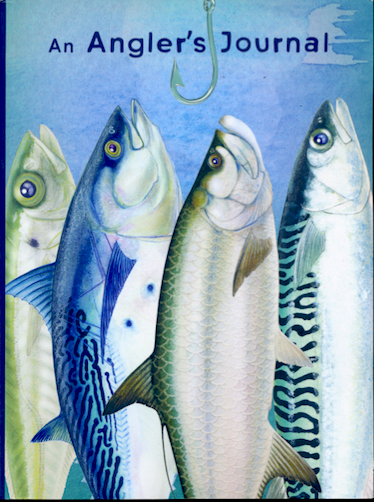
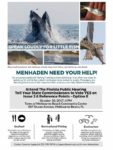
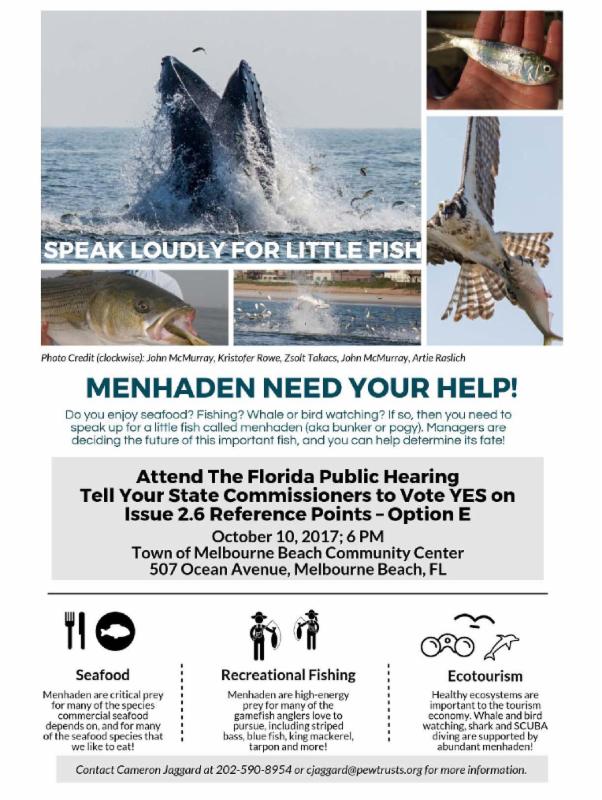
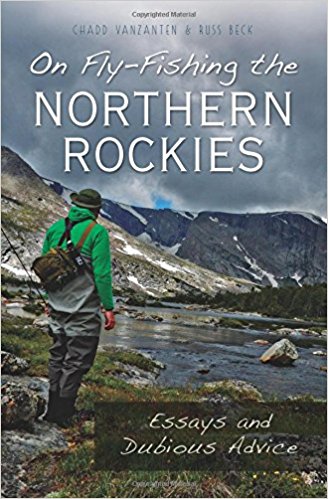

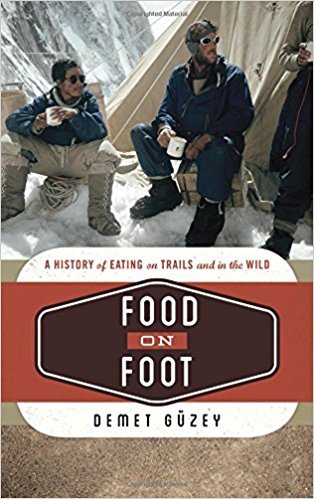
Recent Comments